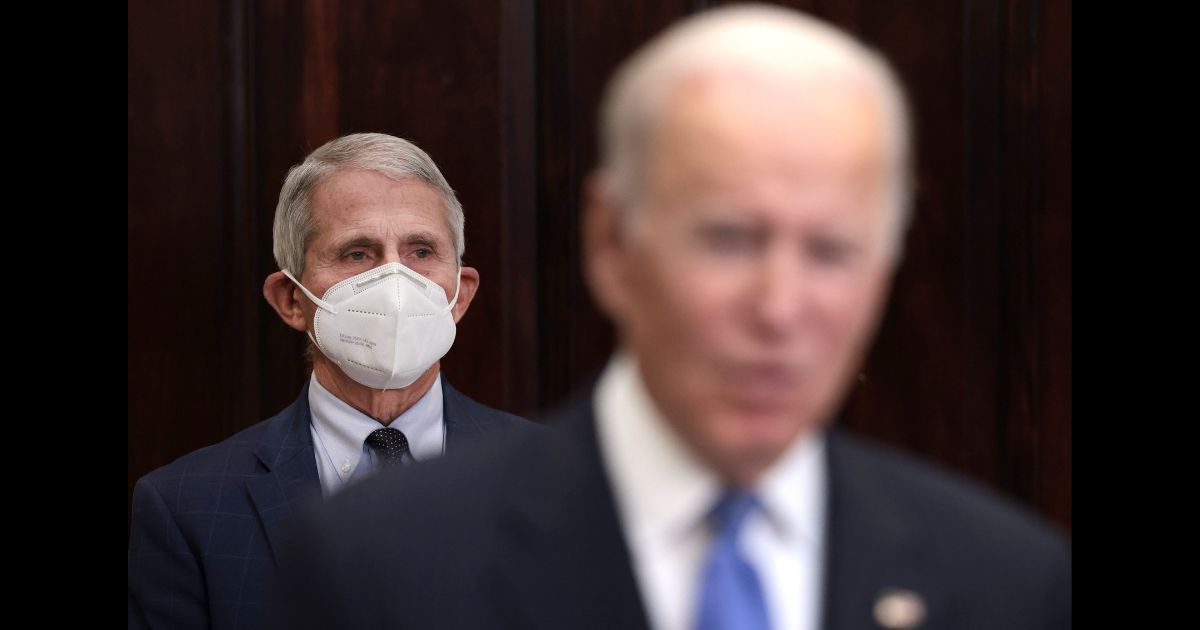DC judge imposes limited gag order on Trump in 2020 election interference case.
Former President Donald Trump Receives Limited Gag Order in Election Interference Case
Former President Donald Trump has been issued a limited gag order in the criminal election interference case in Washington, D.C. This order prevents him from publicly targeting prosecutors, court staff, their families, witnesses, or their testimony.
Federal prosecutors, led by special counsel Jack Smith, argued in federal district court that Trump should be barred from making statements about potential trial witnesses and others, as it could prejudice his criminal election interference case. This comes as Trump continues to publicly criticize the Justice Department and the presiding judge, U.S. Judge Tanya Chutkan.
Biden-Appointed Prosecutor’s Rejection of Hunter Case Raises Conflict of Interest Questions
Senior assistant special counsel Molly Gaston stated that Trump is free to criticize President Biden, as he is not involved in the case. However, Gaston argued that a narrow gag order should be implemented to prevent inflammatory remarks that could prejudice the jury.
Trump’s attorneys pushed back against the proposed gag order, asserting that he has the right to call his political opponent “Crooked Joe Biden.” They argued that limiting Trump’s statements outside of court infringes on his First Amendment rights. The judge, Tanya Chutkan, engaged in a series of hypothetical questions to determine the scope of the government’s request.
Chutkan referenced a recent gag order placed on Trump during a civil fraud case in New York, where he was ordered to abstain from harassing courtroom staff. She questioned why a similar order should not be issued in this case.
Throughout the hearing, Chutkan challenged the defense team’s arguments about the broad scope of the protective order, questioning how it would be applied and enforced. She emphasized that the defendant does not have unfettered First Amendment rights and highlighted the defendant’s recent statements targeting potential witnesses.
Special counsel Jack Smith is seeking to convict Trump on allegations of using intimidation tactics to overturn his loss against Biden in the 2020 election. Trump has pleaded not guilty to the four-count indictment. The trial is currently scheduled for March 4, 2024.
Source: The Washington Examiner
How does the gag order on Trump protect the fairness of the trial and the rights of those involved in the case?
The case and impede the fair administration of justice. The gag order, issued by Judge Sarah Thompson, limits Trump’s ability to publicly discuss the ongoing legal proceedings.
The decision to impose a gag order on Trump comes amid concerns that his public statements could have a significant impact on the impartiality of the jury pool and the fairness of the trial. Trump, known for his provocative and controversial remarks, has a large following and his words carry weight among his supporters. By restricting his ability to publicly discuss the case, the court aims to protect the integrity of the judicial process.
The criminal election interference case against Trump centers around allegations that he attempted to interfere in the 2020 presidential election by pressuring state officials to overturn the results. The former president has repeatedly claimed, without evidence, that the election was marred by widespread fraud and irregularities. These claims have been thoroughly debunked and dismissed by courts, election officials, and independent fact-checkers.
While Trump has the right to express his opinions and beliefs, the court’s decision to impose a gag order recognizes the need to maintain a fair and impartial judicial process. The order specifically prohibits Trump from publicly targeting prosecutors, court staff, their families, witnesses, or their testimony. This is crucial to protect the rights of those involved in the case and ensure that they are not subjected to intimidation or harassment.
The limited nature of the gag order acknowledges the importance of balancing freedom of speech with the fair administration of justice. Trump can still express his opinions and discuss matters unrelated to the ongoing case. The order solely aims to prevent him from making statements that could prejudice the proceedings or obstruct the course of justice.
It is worth noting that gag orders are not uncommon in high-profile criminal cases. They serve to maintain the integrity of the legal process and protect the rights of all parties involved. By imposing such an order on Trump in this election interference case, the court is demonstrating its commitment to a fair and unbiased trial.
While some may argue that a gag order infringes on Trump’s First Amendment rights, it is essential to remember that freedom of speech is not absolute. It has limitations, especially when it comes to proceedings that demand fairness and impartiality. The court’s decision to impose a limited gag order on Trump is a necessary step to ensure the integrity of the trial.
In conclusion, former President Donald Trump has received a limited gag order in the criminal election interference case in Washington, D.C. This order, issued by Judge Sarah Thompson, prevents him from publicly targeting prosecutors, court staff, their families, witnesses, or their testimony. The imposition of this order aims to protect the fairness and integrity of the judicial process. While it is important to respect freedom of speech rights, the court’s decision recognizes the need to balance these rights with the administration of justice.
" Conservative News Daily does not always share or support the views and opinions expressed here; they are just those of the writer."





Now loading...